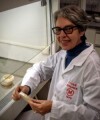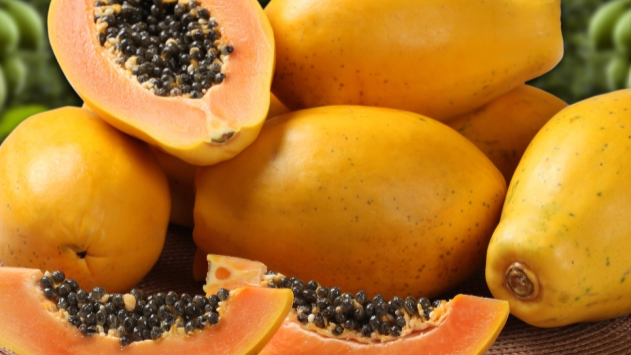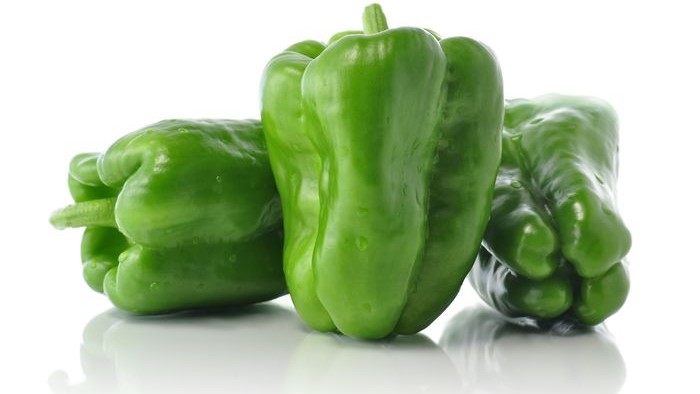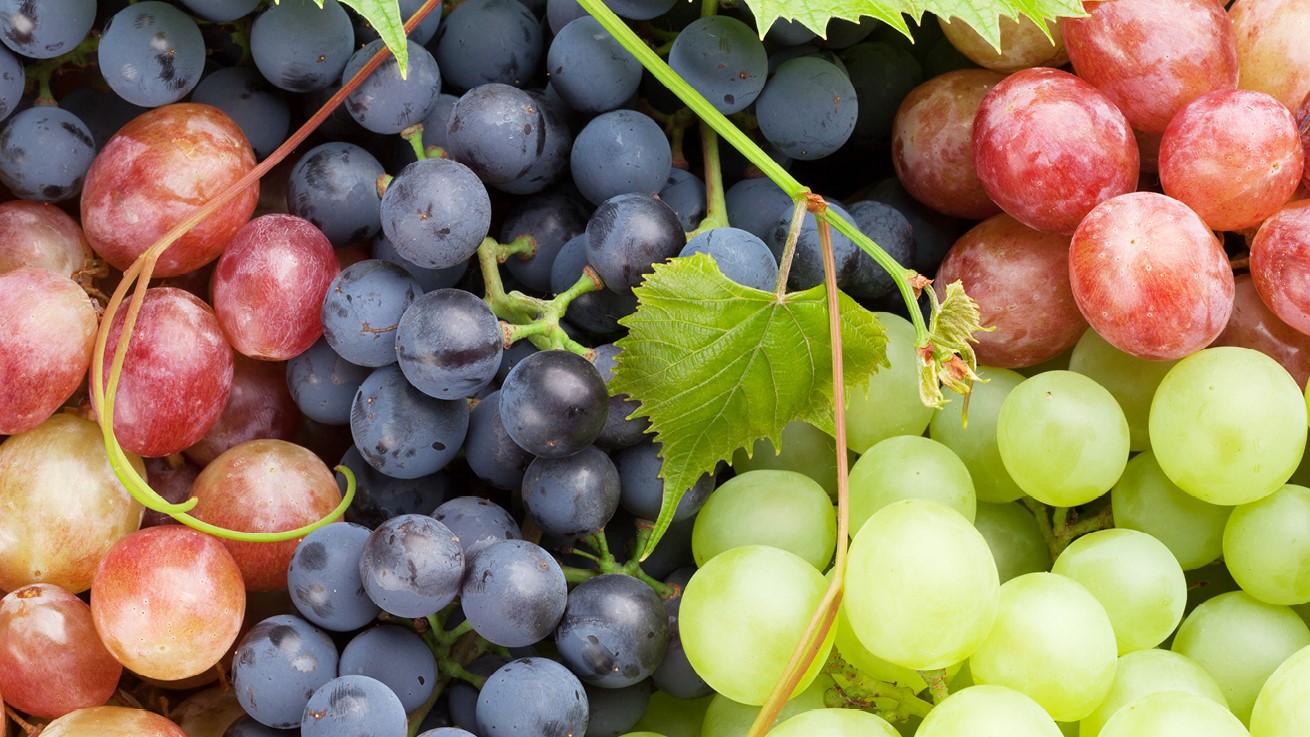Actualidad
Melatonin Enhances Cold Tolerance in Cucumber Stored at Low Temperatures
Melatonin improves cold tolerance in cucumber stored at low temperatures by activating the transcription factor CsMYB44 involved in the polyamine biosynthesis gene family
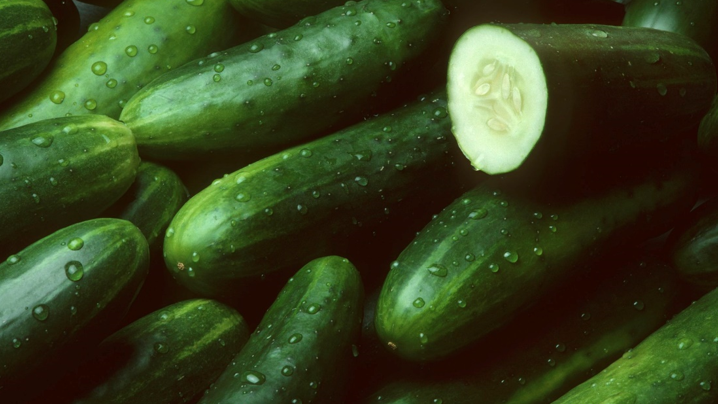
Harvested cucumber fruits have a short shelf life at room temperature. Cold storage is the most effective method to preserve fresh produce and maintain quality. However, cucumbers are sensitive to prolonged treatment at low temperatures and deteriorate.
Finding effective treatments before cold storage is crucial to prevent damage to cucumber fruit.
Melatonin, a regulator of plant physiology
Melatonin is a molecule associated with a vital and diverse regulatory role in plant physiological and molecular responses.
Exposure of the plant system to melatonin can influence physiological and molecular changes involved in stress responses and modulation of other plant hormones.
In addition, it has been shown that melatonin treatment before storage has a decisive ability to improve physicochemical properties and delay cold damage in fruit products. This substance emerges as a promising natural solution to mitigate cold stress in postharvest fruit.
Studies suggest that it can act as a powerful antioxidant, scavenging free radicals produced during cold storage and protecting cellular components. It triggers the production of stress-protective molecules, stabilizes cell membranes, and even modulates gene expression to improve overall resilience against the effects of cold.
This multifaceted approach makes melatonin a very attractive candidate for extending the shelf life and preserving the quality of fruits stored at low temperatures.
Polyamines and cold stress
Polyamines* are important biomolecules that have regulatory functions in cold stress responses. Several genes involved in polyamine biosynthesis in cucumber have been identified using bioinformatics techniques. Among them, are those encoding the enzymes arginine decarboxylase, ornithine decarboxylase, spermidine synthase decarboxylase, S-adenosylmethionine decarboxylase and acaulis-termospermine synthase.
Polyamines play an important role due to their ability to bind with anionic compounds in the cell membrane and scavenge free radicals, thus stabilizing the lipid bilayer of plasma membranes and preventing their deterioration.
In addition, several studies have shown that polyamines can modulate stress metabolites, antioxidant enzymes, and signaling in specific pathways.
Melatonin induces the presence of polyamines
Previous studies have shown that cold-stored cucumber fruit pretreated with melatonin has elevated levels of polyamines and increased abscisic acid content through positive regulation of Cszat12 gene transcription.
Melatonin reduces chilling injury in cucumber
In a current investigation, melatonin 100 µM was applied for 15 minutes to cucumber fruit and stored for 15 days at 4 °C. The results showed a significant reduction in chilling injury levels. Similarly, melatonin treatment minimized malonaldehyde content (a marker of oxidative stress) and ion leakage. It was also verified that several genes related to polyamine formation are positively regulated in melatonin-treated fruits.
Experiments performed in these trials also showed that a transcription factor, CsMYB44, is located in the cell nucleus playing a transcriptional activating role of genes involved in polyamine synthesis, alleviating cold deterioration and providing useful information on cold tolerance in postharvest cucumber.
* Polyamines are molecules of a polycationic nature present in plants, animals and microorganisms. In the former, they act as phytohormones, i.e., development regulators that affect aspects of development, growth, senescence and stress response. An example is spermidine.
The most eminent polyamines in plants are diamine putrescine, triamine spermidine and tetraamine spermine. Due to their polycationic nature, they can bind and stabilize negatively charged polymers such as DNA as well as phospholipids and proteins. These functions are also postulated for animals and microorganisms.
Remark: in aqueous solution and physiological pH, H2N- groups are protonated in the cationic form +H3N- and +H2N-.
Sources
Madebo, M. P.; Umar, S.; Bokhary, F.; You, W.; Bao, Y.; Ru, X.; Zheng, Y.; Jin, P. (2024). Melatonin improves cold storage tolerance in cucumber via CsMYB44-mediated transcriptional activation of the polyamine biosynthesis gene Family. Postharvest Biology and Technology, 213: 112937.
https://pt.wikipedia.org/wiki/Poliamina Accessed on 06/29/2024.


